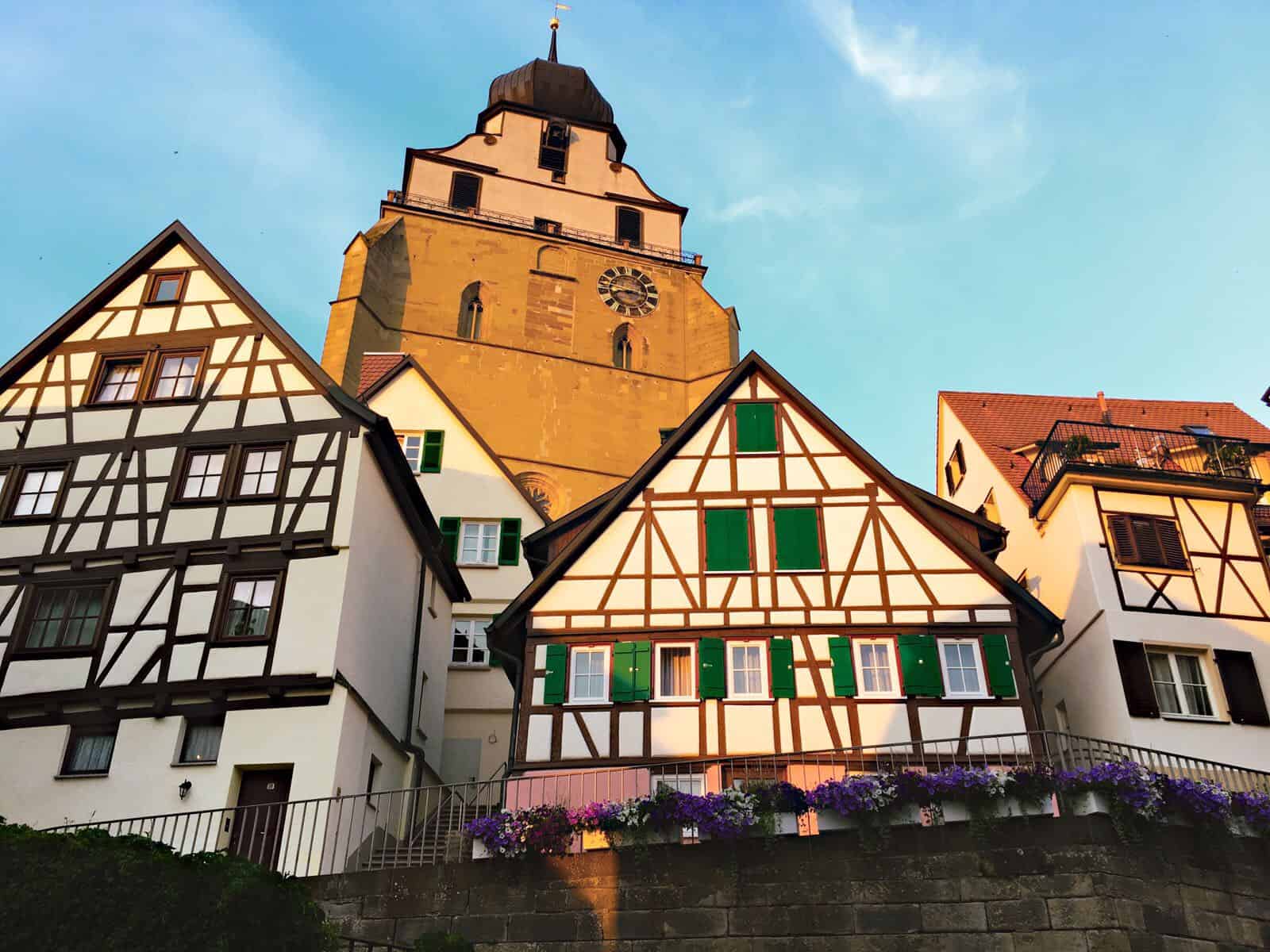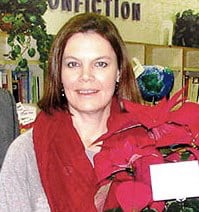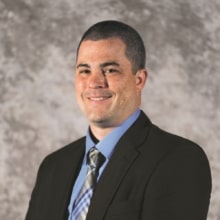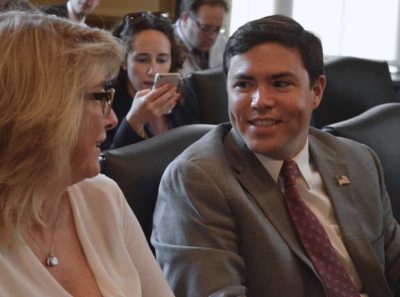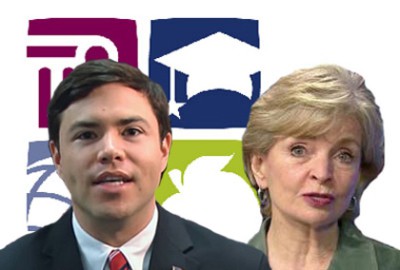How can you explain the overall experience of visiting Germany in regards to the educational system, the people, the culture, the languages, the diverse cities, and the impact it has on you as an individual and a teacher?
The presentations we received from several professional educators spoke of the structure of the German educational system. We learned of the various tracks for students, the options that they have at certain ages of their schooling, apprenticeships, recent changes to school legislation, the impact of refugees on education, and the teacher preparatory programs in each German state.
Teachers are paid well and respected in each state; however, it is difficult to move from state to state unlike in the U.S. The John F. Kennedy International School in Berlin and the Eschbach-Gymnasium in Stuttgart invited us to their campuses and allowed us to meet with staff and students.
We were given a tour and explanation of the apprenticeship programs for students at the BMW Headquarters in Munich. Go Global NC also arranged a meeting with several high-ranking state officials within the Ministry of Education, Youth, and Sports in Stuttgart to gain a deeper understanding of each division within the ministry. We also were able to talk with refugees from Afghanistan, Syria, and Iraq about their educational programs, the adjustment to life in Germany, and their future plans.
Germany has a very interesting government as well. We were given a detailed tour of the Reichstag, the Parliament building, in Berlin. Our guide explained Germany’s multiparty system and how a party can attain a voice with at least five percent of the vote. Voting across party lines is quite common in Parliament and coalitions are necessary in order to pass laws. The overall feeling from citizens is that they appear very happy with their leadership, but when issues arise, groups like the Green Party become new additions to the Parliamentary scene.
Germans are global leaders in green energy. In fact, you are not allowed to deny that climate change is real. We were given a firsthand look at the energy saving measures throughout the country. On a tour of the town of Vauban, a suburb of Freiberg, we were shown the intentional design of buildings to maximize energy savings and the common usage of solar panels. The varying levels of non-automotive transportation encouraged people to be conservative and multi-colored garbage cans organize their recycling efforts.
In Saint Peters, on the outskirts of the Black Forest, we learned how the people are working as a community to produce three times the energy they need each year. We were able to see the wind turbines and the cogeneration plant that uses wood chips from the Black Forest as a sustainable fuel.
Germans are very quick to tell you why their state is the best or what their favorite destinations are around the country, but it is the rich history of Germany and their openness to discuss the atrocities of the past that have made this country rebound in a relativity short period of time after World War II. It is a crime to deny the Holocaust. German children, usually around fourteen years old, must visit a concentration camp. We visited Dachau Concentration Camp and learned about the horrific events that unfolded there from 1933 to 1945.
The reminders of the past are evident in many cities, especially where buildings are being restored or have been left in their damaged state. We visited the Holocaust Memorial in Berlin, the Berlin Wall, Brandenburg Gate, Checkpoint Charlie, and the Topographie des Terrors, a center documenting the difficult history of Nazi Germany.
Germany is not just a place with painful memories of the past. There are countless museums, city tours, amazing food at various restaurants, little fairy tale villages like Herrenberg, castles, extravagant churches, lots of shops, opera houses, multiple languages being spoken with ease, and green spaces such as the English Garden. Sundays appear to be traditionally family-oriented as many shops are closed and people are relaxing at a variety of venues.
Our time in Germany has opened our eyes to strengths and weaknesses within our nation’s similarities and differences. Germans are very professional, punctual, culturally aware, and they are creating ways to benefit future generations now through conservation efforts. The teacher education program appears more rigorous, but it lacks in regards to student relationships and awareness of reaching students with special needs like the programs in the United States.
Personally, we think more Americans should expose themselves to the German culture. You can better enrich yourself by experiencing a place firsthand. Professionally, we all agree that our students need to be more globally aware, more engulfed in arts, languages, and green energy. The teacher projects that will result from the experiences we had on this trip are a step in the right direction to achieving this goal.
